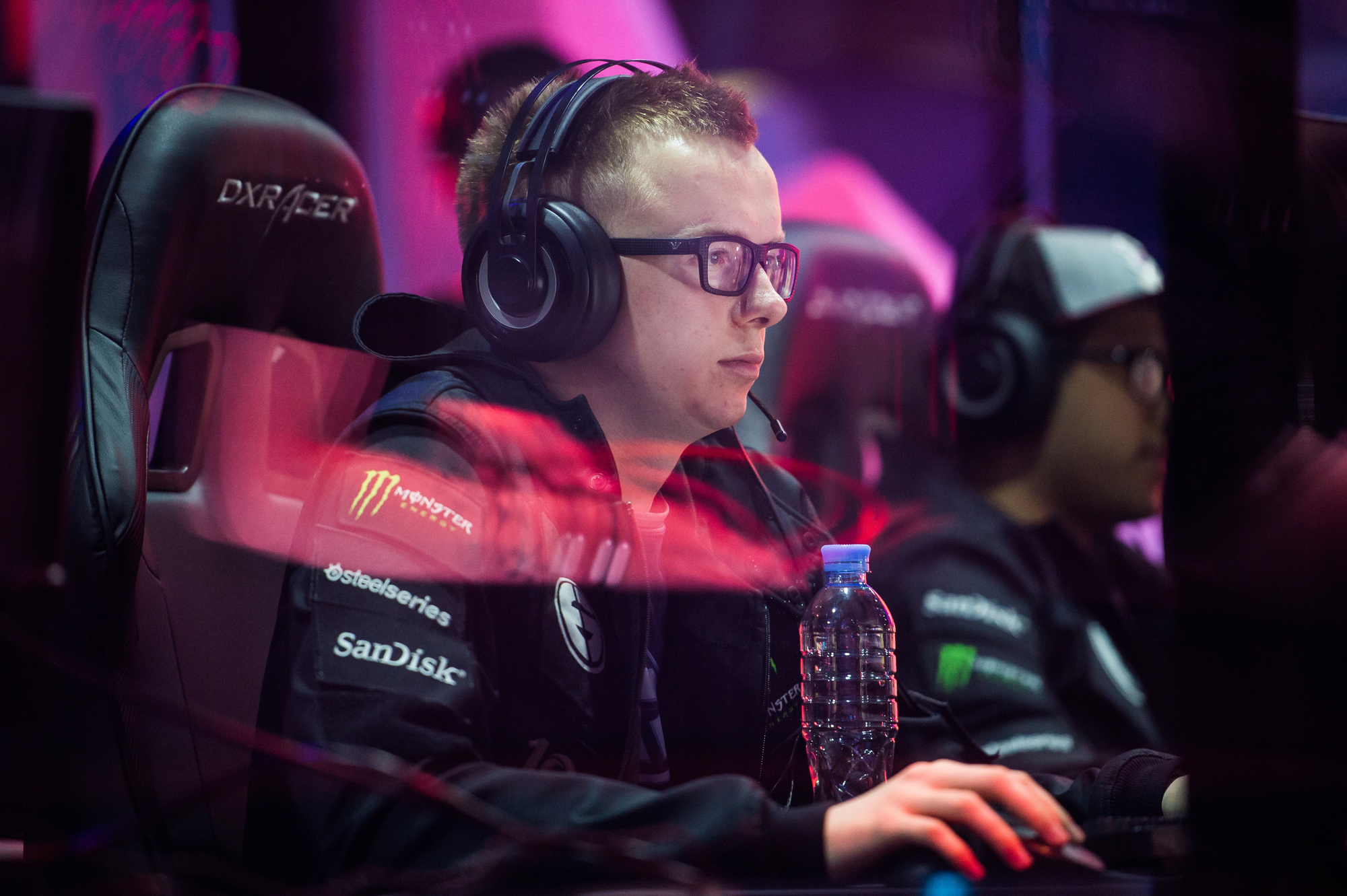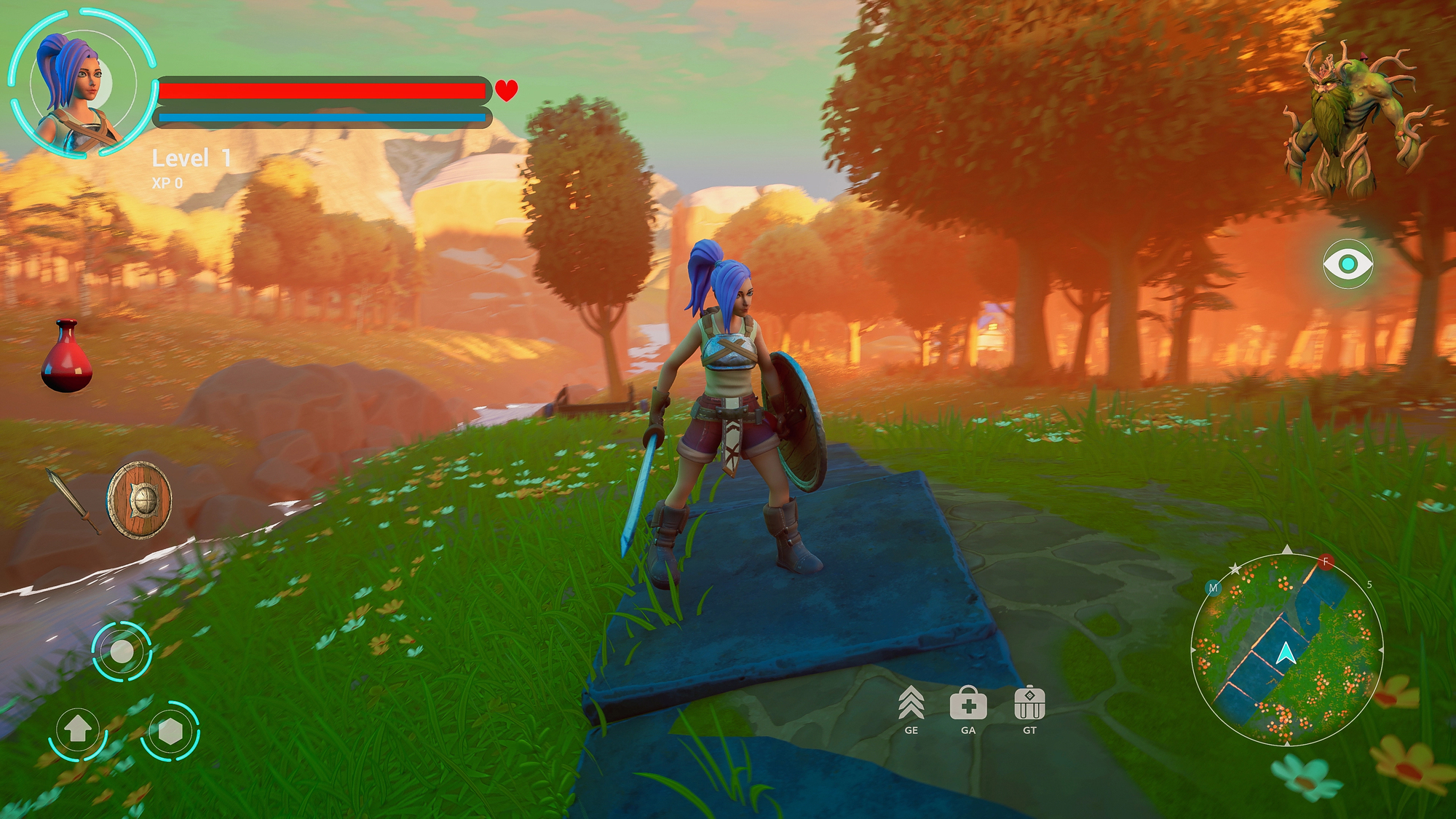

Gaming has become a global phenomenon, shaping cultural identities across the digital landscape. Players from diverse backgrounds connect through shared virtual experiences, fostering unique communities that transcend geographical boundaries. These online gaming spaces serve as melting pots where individuals forge new cultural identities, blending elements from their offline lives with in-game personas.
The impact of gaming culture extends far beyond entertainment. It influences art, fashion, language, and social norms, creating a distinct subculture with its own set of values and practices. This digital realm allows people to explore and express aspects of their identities that may be constrained in their physical environments.
Cultural differences in gaming preferences and behaviors offer insights into broader societal values. For example, the popularity of team-based games in certain regions reflects the importance placed on collective achievement, while the prevalence of solo adventures in others might indicate a cultural emphasis on individual accomplishment. These gaming trends provide a lens through which to examine and understand global cultural dynamics in the digital age.
Cultural Significance of Gaming
Gaming has become a major cultural force, shaping identities and influencing society in numerous ways. It has evolved from a niche hobby to a global phenomenon with far-reaching impacts.
Evolution of Gamer Identity
The concept of “gamer” has transformed significantly over time. Initially associated with young male stereotypes, gamer identity now encompasses diverse demographics. Women, older adults, and people from various cultural backgrounds increasingly identify as gamers.
Gaming communities foster strong social bonds and shared experiences. Online multiplayer games create virtual spaces where players develop friendships and collaborative skills.
Self-identification as a gamer often extends beyond just playing games. It can involve participating in gaming events, following esports, or engaging with gaming-related content on social media and streaming platforms.
Influence on Modern Society
Video games have permeated many aspects of contemporary culture. Their impact is evident in entertainment, education, and even workplace practices.
Gaming terminology and references have entered everyday language. Phrases like “level up” or “game over” are commonly used outside of gaming contexts.
The gamification trend applies game design elements to non-game situations, aiming to increase engagement in areas like education and corporate training.
Esports has grown into a billion-dollar industry, with professional gamers achieving celebrity status and large tournaments drawing massive audiences.
Cultural Studies and Research
Academic interest in gaming culture has surged, with researchers examining its societal effects. Studies explore topics such as gaming’s impact on cognitive skills, social behavior, and cultural expression.
Gaming is now recognized as a form of cultural production worthy of serious scholarly attention. Universities offer courses and degree programs focused on game design and the cultural aspects of gaming.
Research also investigates potential negative effects, including concerns about addiction and the impact of violent content. These studies contribute to ongoing debates about gaming’s role in society.
Future research directions may focus on the long-term effects of virtual reality gaming and the cultural implications of emerging technologies in the gaming industry.
Diversity and Representation in Gaming
Gaming has evolved to encompass a wide range of identities, cultures, and experiences. This shift reflects growing awareness of the need for inclusive representation in digital entertainment.
Gender and Racial Dynamics
Women game developers are making significant contributions to the industry, bringing fresh perspectives to game design and storytelling. Their involvement has led to more diverse character options and narratives that resonate with a broader audience.
Racial representation in games has improved, with developers creating characters from various ethnic backgrounds. This progress helps players see themselves reflected in the games they enjoy.
Some games now offer customizable avatars, allowing players to create characters that match their own appearance or express different aspects of identity. This feature enhances player engagement and personal connection to the game world.
Ludic Narratives and Avatars
Role-playing games have expanded their narrative scope to include diverse storylines and character backgrounds. Players can now experience games from multiple cultural viewpoints, enriching their understanding of different perspectives.
Avatars in games increasingly reflect a wide range of body types, skin tones, and gender expressions. This diversity allows players to craft characters that align with their own identities or explore different ways of being.
Game writers are incorporating culturally specific elements into their narratives, adding depth and authenticity to virtual worlds. This approach creates more immersive experiences for players from various backgrounds.
Multiplayer Online Games as Cultural Spaces
Online multiplayer games serve as virtual meeting grounds for people from diverse cultures. These digital spaces foster cross-cultural interactions and friendships that might not occur in physical settings.
Guilds and player communities in these games often celebrate diversity, creating inclusive environments for members. Many groups actively promote respect for different identities and backgrounds among their players.
Some multiplayer games include cultural events and celebrations, recognizing holidays and traditions from around the world. This practice helps educate players about global cultures and promotes mutual understanding.
Global Gaming Ecosystem
The gaming industry has evolved into a vast international network, connecting players, developers, and cultures across borders. This ecosystem encompasses economic dynamics, cultural exchange, and thriving global communities.
Economic Perspective of the Gaming Industry
The gaming industry has become a significant economic force. In 2022, the global gaming market reached $184.4 billion in revenue. The United States and Japan lead in game development and consumption, with emerging markets in Poland and other countries rapidly growing.
The Entertainment Software Association reports that the U.S. video game industry contributed $90.3 billion to the economy in 2021. This includes direct industry revenue and indirect economic impacts through job creation and ancillary industries.
Mobile gaming has expanded the market, making games accessible to billions of smartphone users worldwide. Free-to-play models and microtransactions have transformed revenue streams, allowing games to reach wider audiences while maintaining profitability.
Cultural Exchange and Localization
Video games serve as conduits for cultural exchange. Developers incorporate diverse cultural elements into their games, exposing players to new ideas and perspectives. This cross-pollination of cultures enriches the gaming experience and fosters global understanding.
Localization plays a key role in making games accessible to international audiences. This process goes beyond mere translation, often involving adapting cultural references, humor, and even gameplay mechanics to suit local tastes.
Japanese role-playing games, for example, have gained popularity in Western markets, introducing players to elements of Japanese mythology and storytelling. Conversely, Western-developed games often incorporate themes and settings from various world cultures, creating a rich tapestry of global influences.
Cross-Cultural Gaming Communities
Online multiplayer games have created vast, cross-cultural communities where players from different countries interact daily. These virtual spaces foster friendships and collaborations that transcend geographical boundaries.
Gaming events and festivals bring these communities together in person, celebrating shared passions and cultural diversity. The annual Gamescom in Germany, Tokyo Game Show in Japan, and E3 in the United States attract hundreds of thousands of attendees from around the globe.
Esports has further solidified gaming’s role in creating international communities. Professional teams often feature players from multiple countries, competing in global tournaments watched by millions. This phenomenon has elevated gaming from a subculture to a mainstream form of entertainment and competition.










